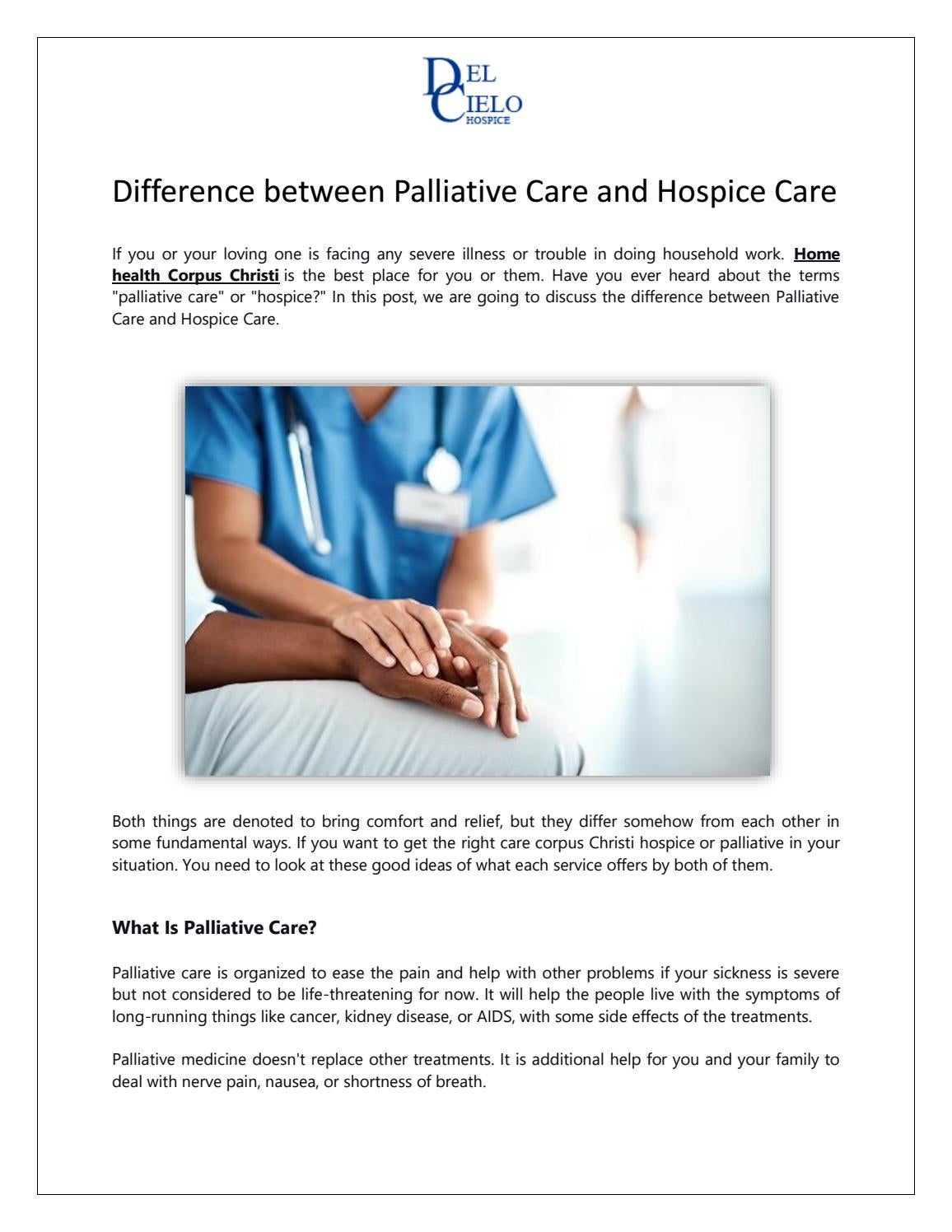
Non-clinical jobs in healthcare, whether you're a nurse, doctor or other medical professional, can be very rewarding. A variety of jobs are available for medical professionals due to the increasing demand. These positions, while you might not be able to directly see patients, will give you the opportunity to make an impact on the lives of others.
You should first consider your interests and skill set if you are looking to change careers. Medical social workers are a perfect career choice for those who enjoy helping others. These professionals guide patients and their families through care plans for chronic conditions or terminal illnesses. You can also pursue non-clinical roles in pharmaceutical drug development or public health.
Another example of an unclinical role that you might consider is a medical-scribe. A medical scribe is someone who transcribes reports and exam notes. They may also transcribe voice recordings. You can also become an expert in health insurance, utilization management, regulatory agencies or medical technology. These roles require considerable business acumen.

The healthcare industry is undergoing a major transformation. Many see this as a shift in focus. Although most doctors and nurses are devoted to patient care throughout their careers, some physicians and nurses are looking for opportunities in the non-clinical realm. In fact, one in ten physicians plans on shifting to a non-clinical career.
Many of these professionals are successfully making the switch from clinical to other-clinical careers. Frances Cosgrove was unhappy with her job as an ophthalmologist, and she decided to switch careers. She began her career in contract work within the pharmaceutical industry and then moved to clinical practice at Eli Lilly. She is also a certified master coach.
Healthcare industry is evolving rapidly. Telemedicine is just one example of this rapid change. This is one way doctors are giving patients more control over the care they receive. Another example is medical sociology, which refers to a profession of healthcare professionals that works in hospitals to coordinate care for terminal or chronic patients.
These non-clinical jobs in healthcare are increasing in popularity. These positions may not require any formal training but you might still need to have a certificate or master's. This industry is booming and these jobs pay well. The Bureau of Labor Statistics projects that there will more than 13% employment growth in the next ten years. This is significantly higher than the average growth in all occupations.

Healthcare is a growing industry with millions of jobs. There are many roles available outside of the clinic, such as public health and medical writers. The industry is growing, but the number of jobs available has not kept pace with demand. To be competitive, you must leverage your existing networks and find ways to stand out from the crowd.
The most important thing to keep in mind when considering a transition to a non-clinical career is to be true to yourself. If you feel confident and self-assured, you will be able to provide the best patient care.
FAQ
What impact will it have on the healthcare industry if there is no Medicare
Medicare is an entitlement program that provides financial aid to low income individuals and families who can not afford their premiums. This program provides financial assistance to more than 40 million Americans.
Millions would be without insurance coverage, as some private insurers won't offer policies to individuals with pre-existing medical conditions.
Which are the three levels of care in a health facility?
First, there are general practice clinics that provide basic medical care for patients who don't need hospital admission. If necessary, they may refer patients to other providers. These include general practitioners, nurse practitioners, or midwives.
The second level of care is primary care centers, which provide outpatient services that include emergency care. These include hospitals, walk-in clinics, urgent care centers, family planning clinics, and sexual health clinics.
The third level includes secondary care centers that offer specialist services like eye surgery, orthopedic surgery and neurosurgery.
What are the main functions of a health care system?
The health care system should provide adequate medical facilities for people who need them at a reasonable cost while ensuring access to quality services by all.
This includes providing preventive health care, promoting healthy lifestyles, and appropriate treatment. It also involves providing an equitable distribution of health resources.
How can I ensure my family has access quality health care?
Most states have a department that provides affordable health care. There are programs that cover low-income families and their children in some states. You can contact your state's Department of Health for more information about these programs.
Statistics
- Price Increases, Aging Push Sector To 20 Percent Of Economy". (en.wikipedia.org)
- About 14 percent of Americans have chronic kidney disease. (rasmussen.edu)
- Healthcare Occupations PRINTER-FRIENDLY Employment in healthcare occupations is projected to grow 16 percent from 2020 to 2030, much faster than the average for all occupations, adding about 2.6 million new jobs. (bls.gov)
- Over the first twenty-five years of this transformation, government contributions to healthcare expenditures have dropped from 36% to 15%, with the burden of managing this decrease falling largely on patients. (en.wikipedia.org)
- Consuming over 10 percent of [3] (en.wikipedia.org)
External Links
How To
How to Locate Home Care Facilities
Home care facilities assist people who require help at home. Home care facilities are available for elderly and disabled persons, as well as those with chronic diseases such Alzheimer's. The services offered by these facilities include personal hygiene, meal preparation, laundry, cleaning, medication reminders, transportation, etc. They often work closely with medical professionals, social workers, and rehabilitation specialists.
You can find the best home care services provider by asking friends, family and/or reading reviews on the internet. After you have identified a few providers, you can inquire about their experience and qualifications. It is important to find a provider who can work flexible hours in order to fit your schedule. Check to see if there is an emergency response available 24/7.
Consider asking your doctor for recommendations. You can search online for "home care" or "nursing homes" if you aren't sure where to look. You can use websites like Yelp and Angie's List or HealthGrades to compare nursing homes.
For more information, you can also contact your local Area Agency on Aging or Visiting Nurse Service Association for further assistance. These agencies will have a list that lists local agencies that provide home care services.
Many home care agencies charge high rates for their services. This makes it important to find the right agency. In fact, some agencies charge up to 100% of a patient's income! To avoid this problem, you should be sure to choose an agency that has been rated highly by the Better Business Bureau. Ask for references from previous clients.
Some states even require homecare agencies that register with the State Department of Social Services. Check with your local government office to see what agency registration requirements apply to you.
When choosing a home-care agency, there are several things you should keep in mind:
-
Be wary of any company that asks you to pay upfront before receiving services.
-
Look for a reputable and well-established business.
-
If you are paying out of your own pocket, get proof of insurance.
-
You should ensure that the state licenses any agency you hire.
-
Get a written contract that outlines all costs involved with hiring an agency.
-
Confirm that there are follow-up visits by the agency following your discharge.
-
Ask for a list or certifications.
-
You should not sign anything without thoroughly reading it.
-
Read any fine print carefully.
-
Insure and bond the agency.
-
Ask the agency how long they have been in business.
-
Verify that the State Department of Social Welfare has granted the agency a license.
-
Find out whether there are any complaints against the agency.
-
Contact your local government office that regulates home-care agencies.
-
You should ensure that the person answering the phone has the qualifications to answer your questions about homecare.
-
Ask your lawyer or accountant for tax advice on the use of home-based care.
-
Always get at least three bids for each home care agency you contact.
-
You can choose the lowest price, but not less than $30 an hour.
-
Keep in mind that you might need to pay more than one home care agency visit per day.
-
When signing contracts, read everything carefully.